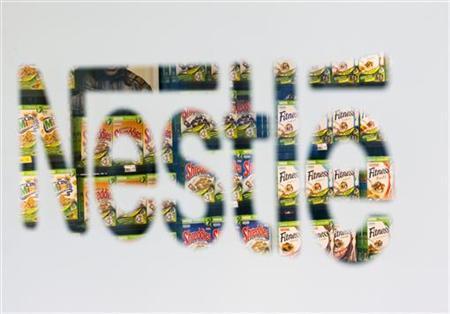
From there, it has grown as India's largest food company with seven manufacturing facilities: Moga in Punjab (in 1961), Choladi in Tamil Nadu (1967), Nanjangud in Karnataka (1989), Samalkha in Haryana (1993), Ponda and Bicholim in Goa (1995 and 1997, respectively) and Pantnagar in Uttarakhand (2006).
The brands in its portfolio are: Maggi (instant noodles, sauces, soups and spices), KitKat, Bar One, Munch, Nescafe, Milkmaid, Nestea and Polo.
...
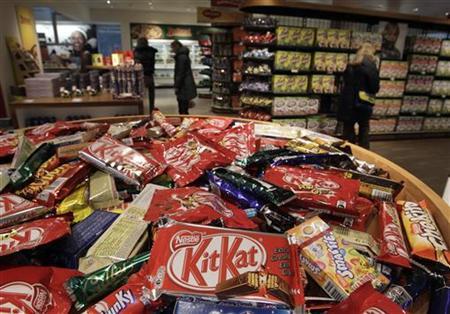
Nestle is also the largest maker of milk substitutes and infant foods, though it does not advertise or promote these products.
The biggest brand in Nestle's portfolio is Maggi (it overtook Nescafe about ten years ago): its market share is almost 90 per cent.
It has seen no big rival in the years it has been around, though large FMCG companies like ITC, GSK Consumer Healthcare and Hindustan Unilever have launched their own brands of instant noodles over the years, as have some retailers under their private labels.
A survey carried out by the National Council of Applied Economic Research had named Maggi the country's most valued FMCG brand.
...
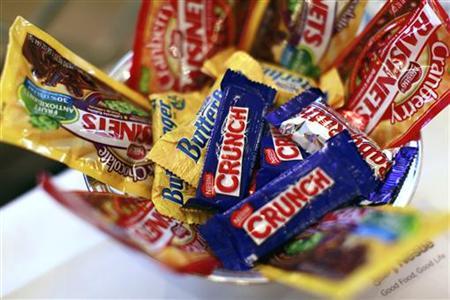
Nestle's success in India stems from smart marketing, competitive pricing, effective communication and product innovations.
Nothing exemplifies it better than Maggi. Convenience was the unique selling proposition of Maggi when it was launched in 1984.
For the first time, consumers got something that was hygienically packed and convenient to prepare. It was also the first fusion experiment on food in India.
Instant noodles was an entirely new category in the country, but it was given an Indian twist. Maggi came in four variants: Masala, chicken, sweet & sour and capsicum.
Of these, only two have survived - Masala and chicken, which sells largely in the eastern states. Masala continues to be the flagship flavour.
...
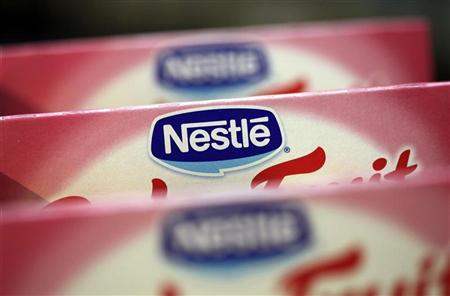
In the days that followed, it experimented with more variants, like a garlic- and onion-free one for Gujarat. Some of these still exist, others were discontinued.
The turning point came in 2005, when Nestle came out with Maggi atta (whole-wheat flour) instant noodles. All over the country, atta is considered healthier than maida or refined flour which the company was using from day one.
This helped the company take the health platform. It was then that it added the tagline, 'health bhi, taste bhi' (health as well as taste).
Maggi's properties were expanded from convenience alone to include taste and health as well. That was also the time when Nestle was repositioning itself worldwide as a health and wellness company.
...
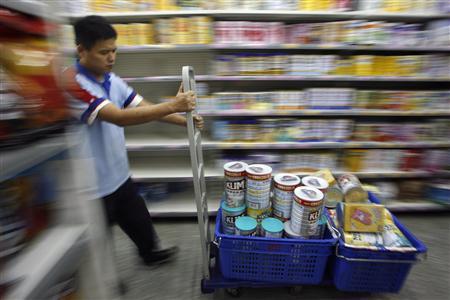
This positioning gave Nestle the platform to launch more products under the Maggi brand. It already had Maggi soups, sauces and coconut milk in the market, but given the strong equity of the brand, Nestle could now extend it to newer categories.
Thus, about three years ago it came out with fried masala paste and pasta under the Maggi umbrella. Not all Maggi brand extensions have met with success in the past. Nestle had launched its Maggi range of pickles some years back. But the product was withdrawn.
Rivals acknowledge that Nestle's ability to come out with several variants of the same products, and in different formats, is a formidable entry barrier.
...
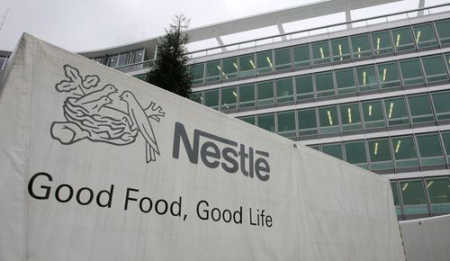
A leading food company struggled for many years to launch a rival to Maggi instant noodles because its experts couldn't develop a flavour that was different from the various Maggi flavours.
At the first sign of competition heating up, Nestle launched rice noodles targeted at consumers in the east and south, where rice is a staple food. To outfox rivals, Nestle extended Maggi's distribution to smaller towns and cities, simultaneously launching Maggi's value-for-money pack priced at Rs 5.
Almost 60 per cent of the FMCG volumes in the country come from price points below Rs 10. The share of such products for Nestle has improved from 21 per cent some years ago to over 30 per cent now.
Clearly, Nestle is a company that thinks on its feet.